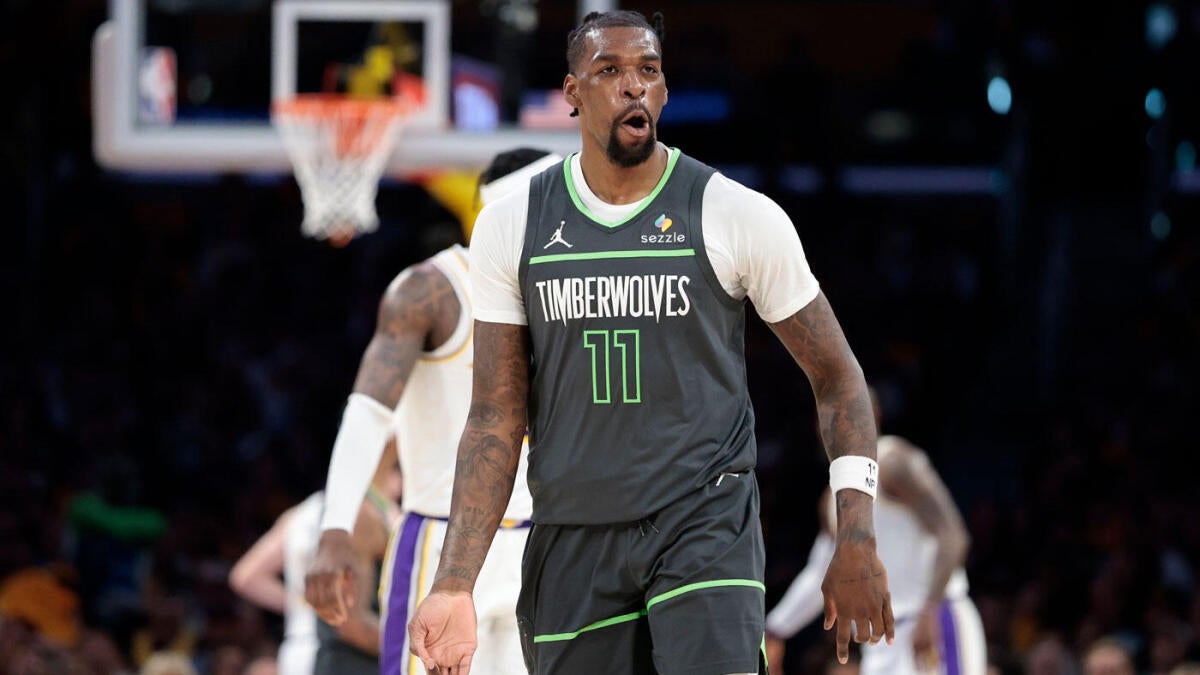Naz Reid’s journey from an undrafted free agent to a key player for the Minnesota Timberwolves is a testament to his hard work, adaptability, and the evolving nature of the NBA. His recent five-year, $125 million contract extension not only solidifies his role within the franchise but also sets a precedent for how teams value versatile big men in today’s league. This deal is a microcosm of broader trends in free agency, player empowerment, and strategic roster management.
The Evolution of the NBA’s Role Players
Naz Reid’s rise to prominence highlights a shift in how the NBA values role players. Traditionally, undrafted players faced an uphill battle to secure long-term contracts, but Reid’s success underscores the league’s growing appreciation for depth and versatility. His ability to score efficiently, defend multiple positions, and provide energy off the bench has made him indispensable. The NBA’s emphasis on pace-and-space basketball has created a demand for players like Reid, who can stretch the floor and switch defensively. This trend is likely to continue, as teams increasingly prioritize players who can contribute in multiple facets of the game.
The Financial and Strategic Implications of Reid’s Contract
The structure of Reid’s contract—$125 million over five years with a player option in the final year—reflects a strategic approach by the Timberwolves. By locking in Reid before free agency, Minnesota avoided a potential bidding war and secured a key piece of their roster. The player option provides Reid with flexibility, allowing him to reassess his market value as he approaches his prime. This structure is becoming more common in NBA contracts, as it balances the interests of both the player and the team.
For the Timberwolves, this contract represents a significant investment in their future. Reid’s presence on the bench provides stability and continuity, which are crucial for a young team looking to build a championship contender. His contract also sends a message to other free agents that Minnesota is committed to retaining its core players, which can be a powerful recruiting tool. However, the financial commitment also means the team must carefully manage its cap space to maintain flexibility for future acquisitions.
The Broader Impact on Free Agency and Player Valuation
Reid’s contract is part of a larger trend in NBA free agency, where teams are increasingly willing to invest in versatile role players. The premium placed on players who can contribute in multiple ways is evident in the contracts of other bench contributors, such as Tyus Jones and Malik Beasley. This trend is likely to continue, as teams recognize the importance of depth in a competitive league.
The Timberwolves’ decision to extend Reid before free agency also highlights the growing importance of early contract negotiations. By securing Reid early, Minnesota avoided the uncertainty and potential chaos of the free agency period. This strategy is becoming more common, as teams look to build continuity and avoid last-minute scrambles for key players.
Looking Ahead: The Timberwolves’ Path Forward
With Reid’s future secured, the Timberwolves can focus on other aspects of their roster. The team has several players entering free agency in 2025, and managing these contracts will be crucial for maintaining their competitive edge. The decision to retain Reid also influences the team’s draft strategy, as they can now focus on acquiring players who complement their existing roster.
The Timberwolves’ commitment to Reid is a sign of their long-term vision. By investing in a player who embodies their culture and playing style, the team is positioning itself for sustained success. Reid’s contract is not just a financial commitment but also a statement of intent—a declaration that the Timberwolves are serious about building a championship-contending team.
Conclusion: A Model for Modern NBA Contracts
Naz Reid’s contract extension is a model for how modern NBA teams should approach player contracts. It balances financial prudence with player empowerment, providing both the team and the player with flexibility and security. The deal also reflects broader trends in the league, including the growing value of versatile role players and the importance of early contract negotiations.
For the Timberwolves, Reid’s contract is a crucial piece of their puzzle. It provides stability, continuity, and a foundation upon which they can build a championship-contending team. As the NBA continues to evolve, Reid’s journey serves as a reminder that hard work, adaptability, and strategic management can lead to success, both on and off the court. The Timberwolves’ decision to invest in Reid is a testament to their vision and commitment to building a winning culture.

